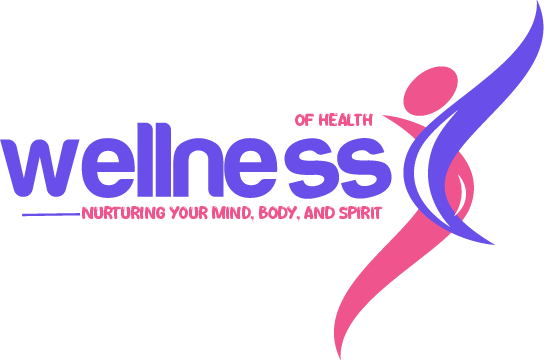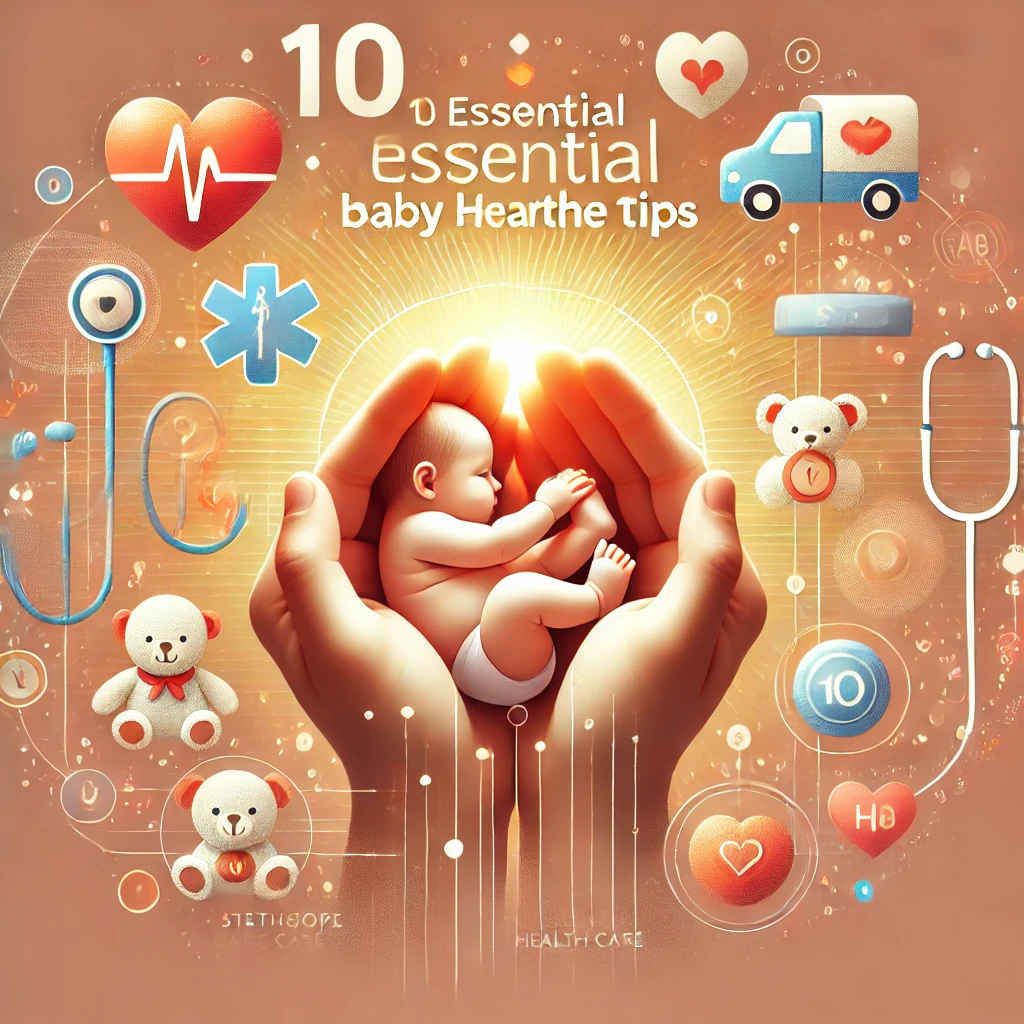Introduction
When it comes to your baby’s health, there’s no such thing as being too prepared. As a new parent, understanding the basics of baby health care is crucial for ensuring your little one’s well-being. In this guide, we’ll cover 10 essential baby health care tips that every new parent should know, helping you navigate the early stages of parenthood with confidence.
IF YOU LOVE SPOTIFY MUSIC
- Spotify++ ios
- Spotify For Mac
- Spotify For pc
- Spotify Mod APK
- Spotify ++ premium
- Spotify lite Mod APK
- Spotify ++ IPA
- Spotify Vanced APK
1. Regular Pediatric Check-Ups
One of the most important baby health care tips is to schedule regular visits to the pediatrician. These check-ups are essential for monitoring your baby’s growth, development, and overall health. Early detection of any potential issues can lead to better outcomes.
Practical Tip: During the first year, your baby should visit the pediatrician at least 7 times for check-ups. These visits typically occur at birth, 1 month, 2 months, 4 months, 6 months, 9 months, and 12 months. For more details, you can check the American Academy of Pediatrics’ recommended schedule.
2. Proper Nutrition
Proper nutrition is the foundation of your baby’s health. Whether you’re breastfeeding, formula-feeding, or a combination of both, it’s important to ensure your baby is receiving the right nutrients. This is one of the most critical baby health care tips to ensure your child grows strong and healthy.
Practical Tip: Follow your pediatrician’s guidelines for feeding schedules and introducing solids. Be mindful of food allergies and introduce new foods gradually, observing any reactions. Learn more about proper nutrition for babies.
3. Safe Sleep Practices
Safe sleep is crucial for reducing the risk of Sudden Infant Death Syndrome (SIDS). Understanding and implementing safe sleep practices can help protect your baby during their most vulnerable months.
Practical Tip: Always place your baby on their back to sleep, and keep the crib free of soft bedding, pillows, and toys. Consider using a sleep sack instead of a blanket to keep your baby warm. For more information, refer to the AAP’s safe sleep guidelines.
4. Hygiene and Bathing
Maintaining good hygiene and proper bathing routines are essential for your baby’s health. Cleanliness helps prevent infections and keeps your baby comfortable. Among the baby health care tips, regular hygiene practices are crucial for preventing common infections.
Practical Tip: Bathe your baby 2-3 times a week, and keep the umbilical cord stump clean and dry until it falls off. Use gentle, baby-specific products to protect your baby’s sensitive skin. You can also explore our tips on baby skincare.
5. Immunizations and Vaccinations
Vaccinations are a critical part of protecting your baby from serious diseases. Staying up-to-date with immunizations ensures that your baby is shielded from common childhood illnesses.
IF YOR ARE A SPORTS LOVER THEN YOU SHOULD VISIT THIS SITE
- The New MINI Electric
- Porsche Taycan 4S
- 2022 Toyota GR86
- The Toyota GR86
- Bugatti Chiron Super Sport
- Mercedes E53 AMG Cabriolet
- The Nissan 350Z GT
- Mitsubishi Montero Sport Black Series
- The Toyota GR86
- 2017 Jaguar F-Pace
Practical Tip: Follow the recommended vaccination schedule provided by your pediatrician. To ease your baby’s discomfort, try nursing or offering a bottle during and after the shots. For a detailed schedule, visit the CDC’s vaccination guide for parents.
6. Monitor Developmental Milestones
Tracking your baby’s developmental milestones helps ensure they are growing and developing as expected. Milestones can include physical, cognitive, and emotional developments. Monitoring these milestones is one of the baby health care tips that helps you understand your baby’s progress.
Practical Tip: Keep a milestone chart handy and note when your baby reaches key milestones such as smiling, rolling over, sitting up, and crawling. If you have any concerns, discuss them with your pediatrician. Learn more about baby developmental milestones.
7. Oral Health
Oral health is often overlooked in infants, but it’s important to start early to prevent future dental issues. Even before the first teeth appear, oral hygiene should be part of your baby’s routine.
Practical Tip: Gently clean your baby’s gums with a soft, damp cloth after feedings. Once teeth emerge, switch to a baby toothbrush and fluoride-free toothpaste. For additional tips, check out our article on baby oral health.
8. Encourage Physical Activity
Physical activity is essential for your baby’s physical and cognitive development. Encouraging movement helps your baby develop strength, coordination, and confidence. This is one of the baby health care tips that also supports your baby’s mental and emotional growth.
Practical Tip: Engage your baby in tummy time, supervised play on the floor, and other age-appropriate activities. Encourage reaching, grasping, and kicking to promote muscle development. For more ideas, see our guide on baby physical activities.
9. Bonding and Emotional Health
Bonding with your baby is crucial for their emotional and psychological well-being. Strong emotional connections help your baby feel secure and loved.
Practical Tip: Spend time holding, cuddling, and talking to your baby. Skin-to-skin contact, especially in the early weeks, is a great way to bond and provide comfort. Explore more bonding activities to strengthen your connection with your baby.
10. Babyproofing Your Home
As your baby becomes more mobile, it’s important to babyproof your home to prevent accidents and injuries. Creating a safe environment allows your baby to explore without unnecessary risks. This is one of the essential baby health care tips as it ensures your home is a safe space for your baby’s exploration.
Practical Tip: Start by securing furniture, covering electrical outlets, and removing small objects that could be choking hazards. Install baby gates to restrict access to stairs and other dangerous areas. For a comprehensive guide, see our article on babyproofing your home.
Conclusion
Navigating the early stages of parenthood can be challenging, but with these 10 essential baby health care tips, you’ll be well-equipped to ensure your baby’s health and safety. Remember, every baby is unique, so don’t hesitate to reach out to your pediatrician with any concerns. Taking it one step at a time will help you build a strong foundation for your baby’s future.
if you love stories then visit:


